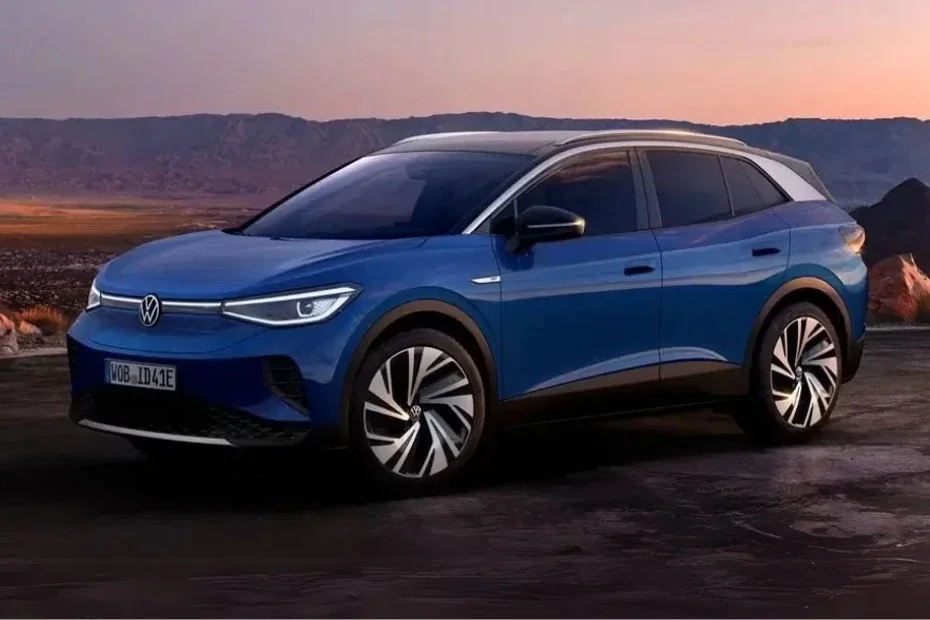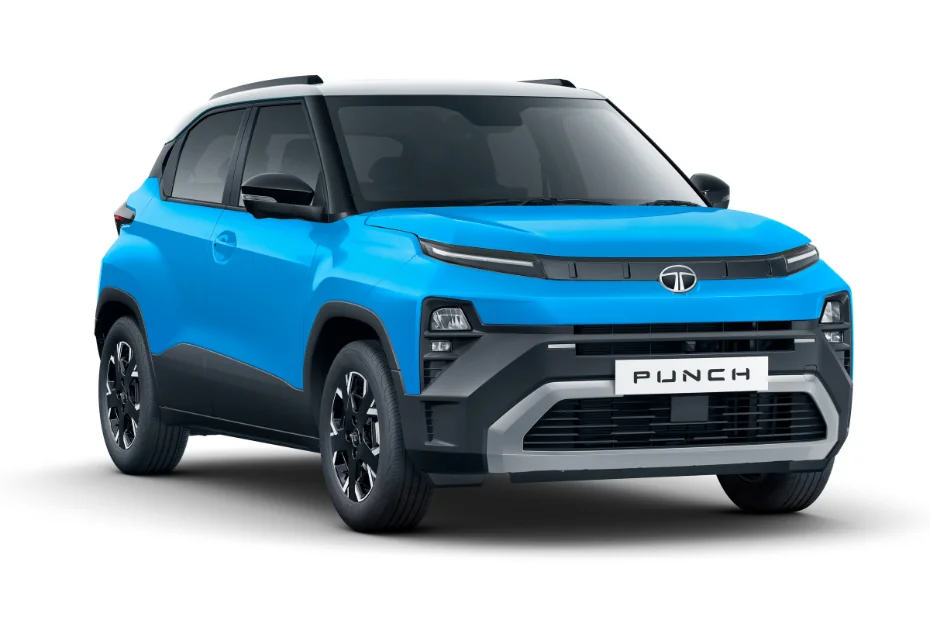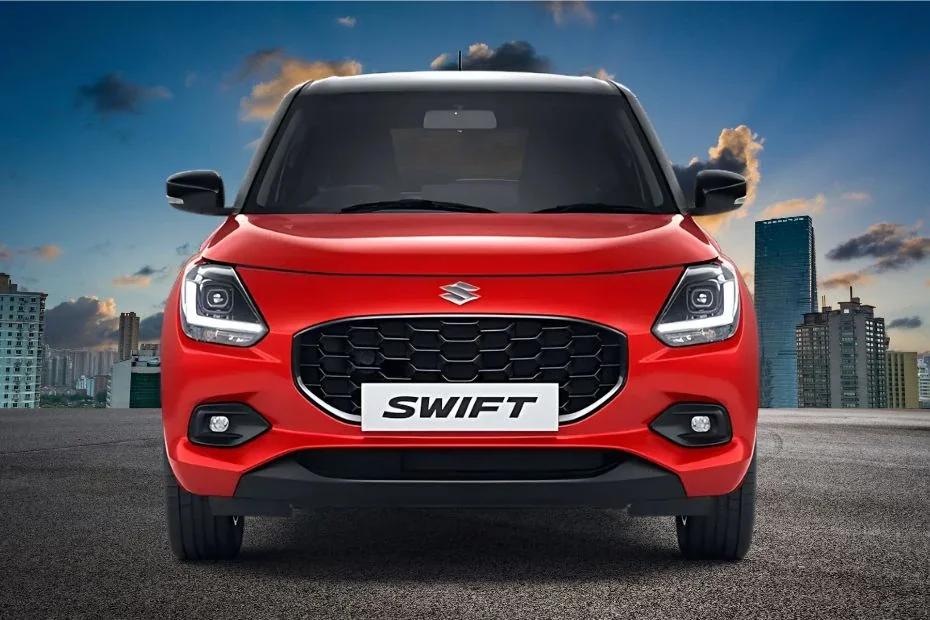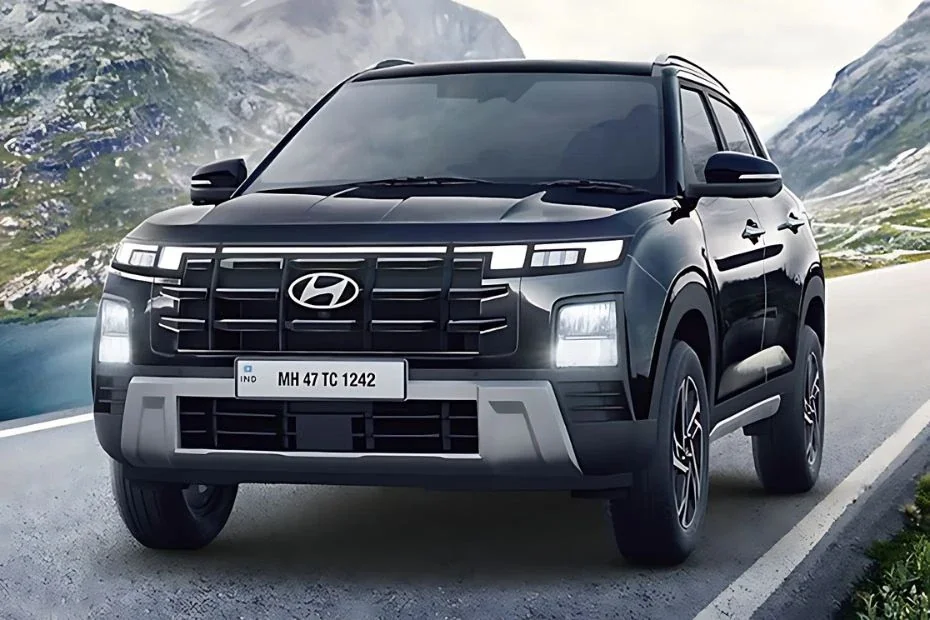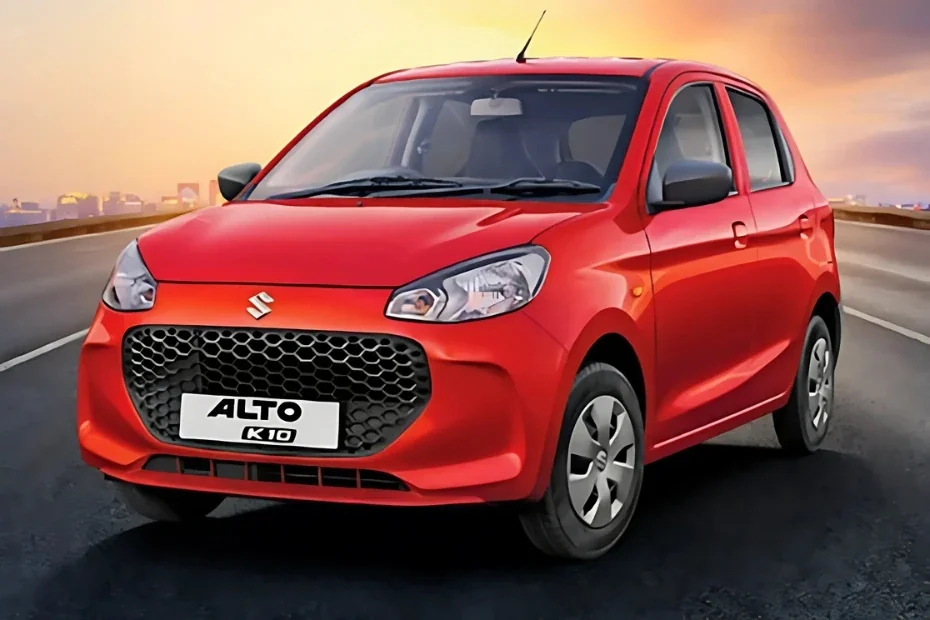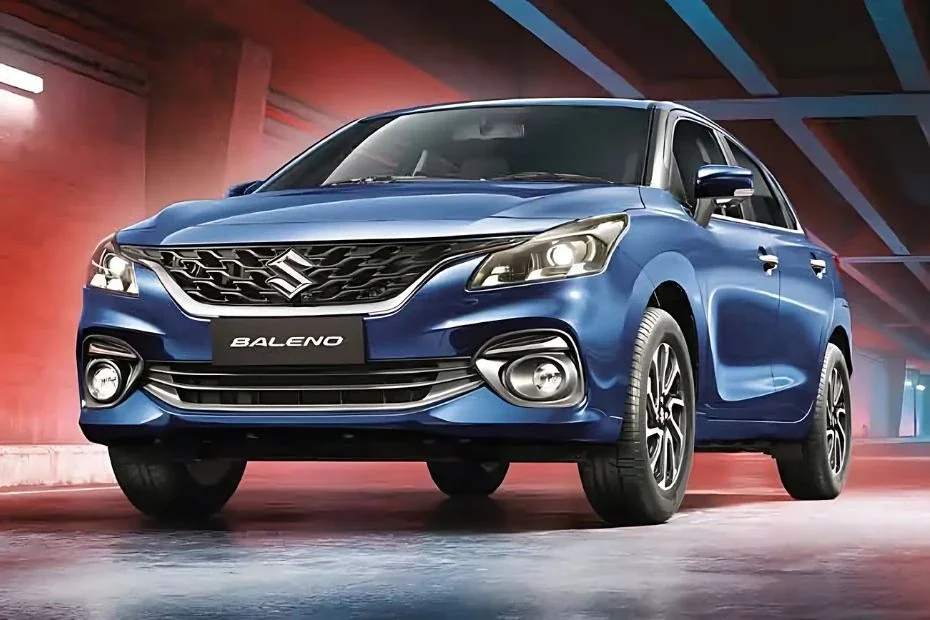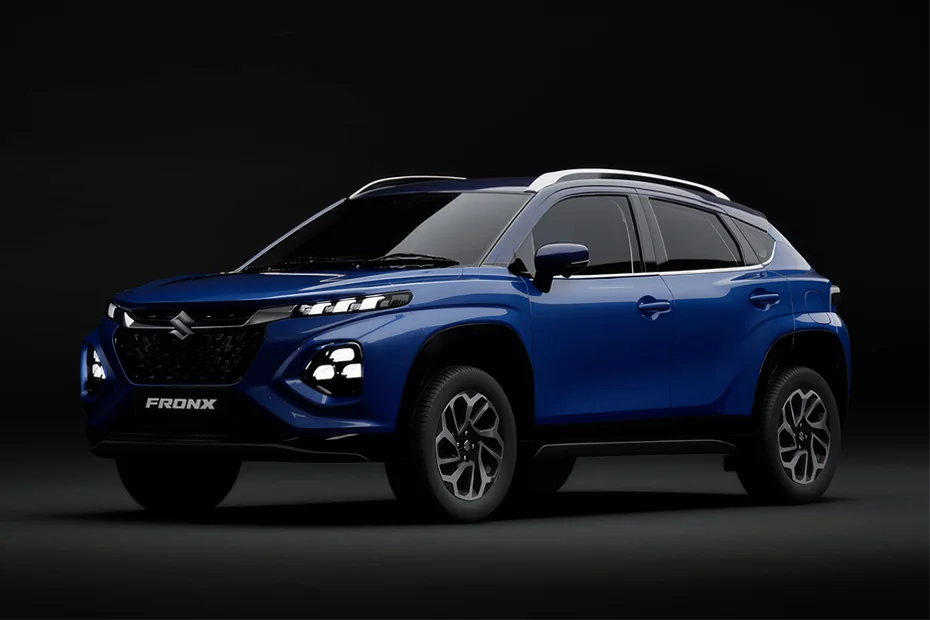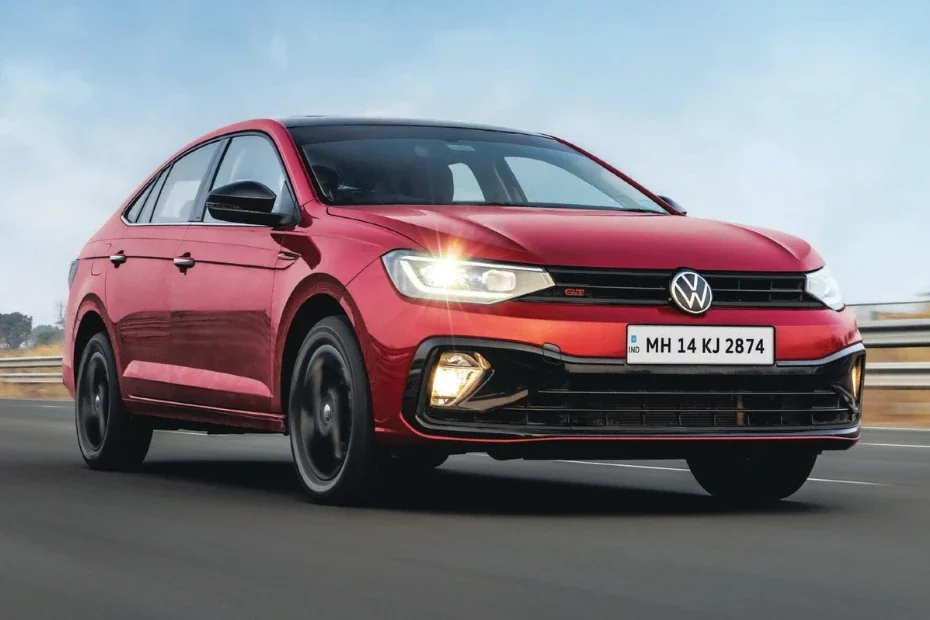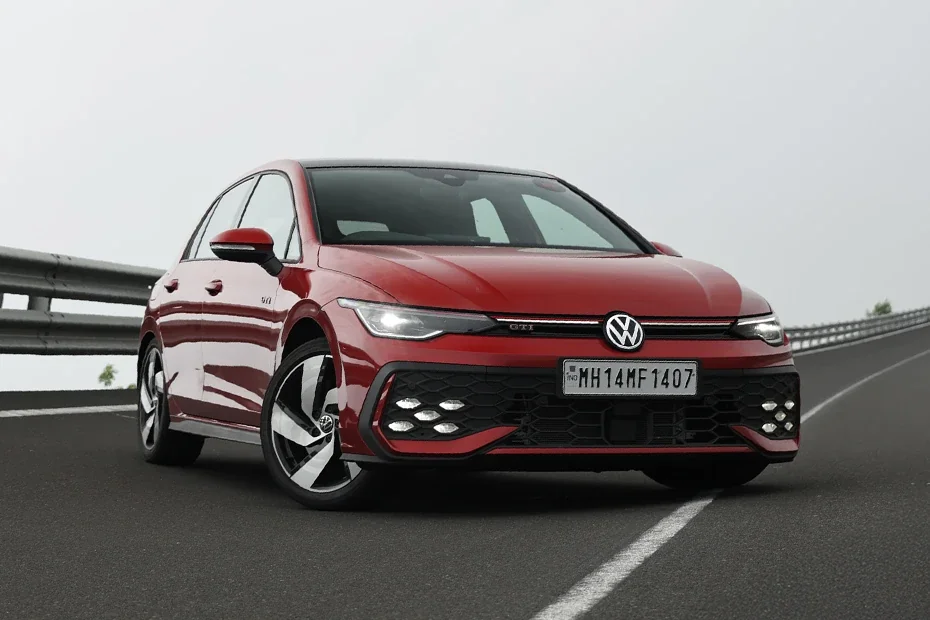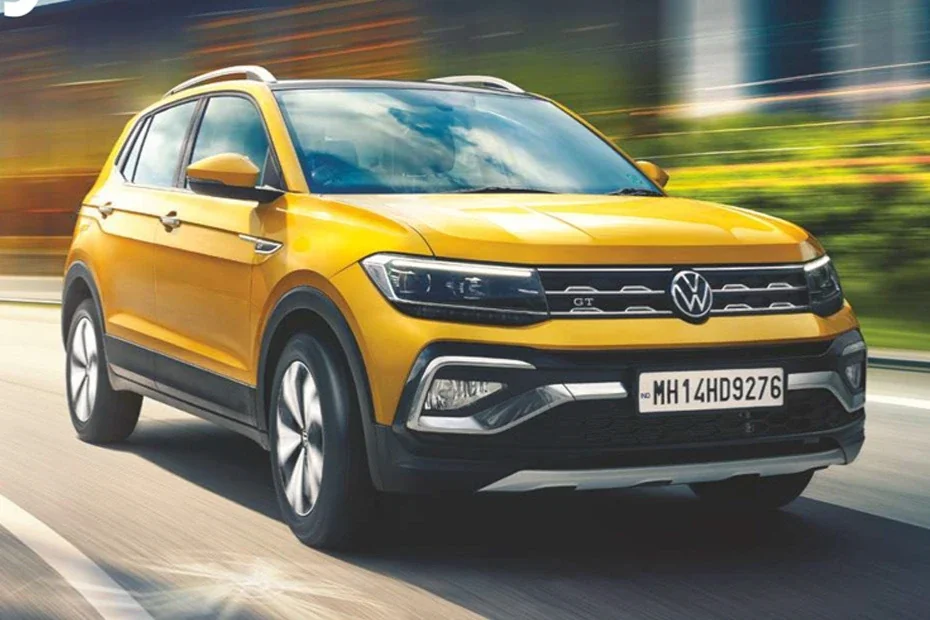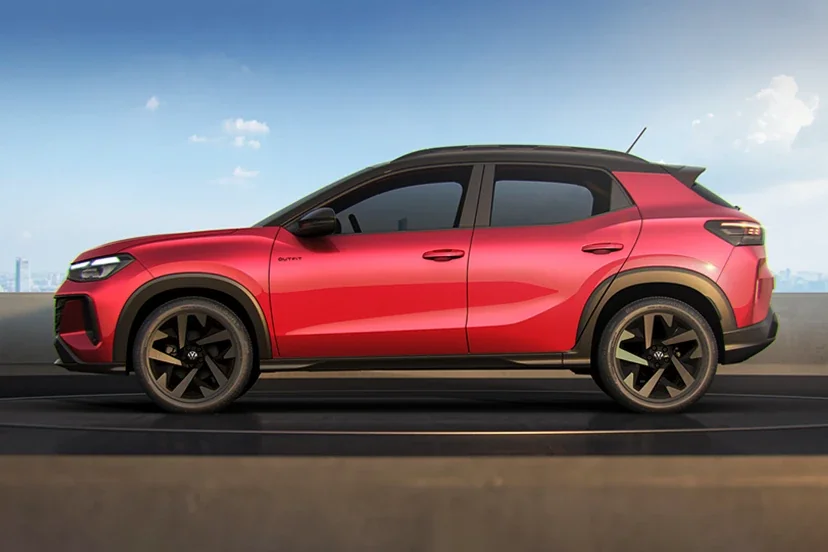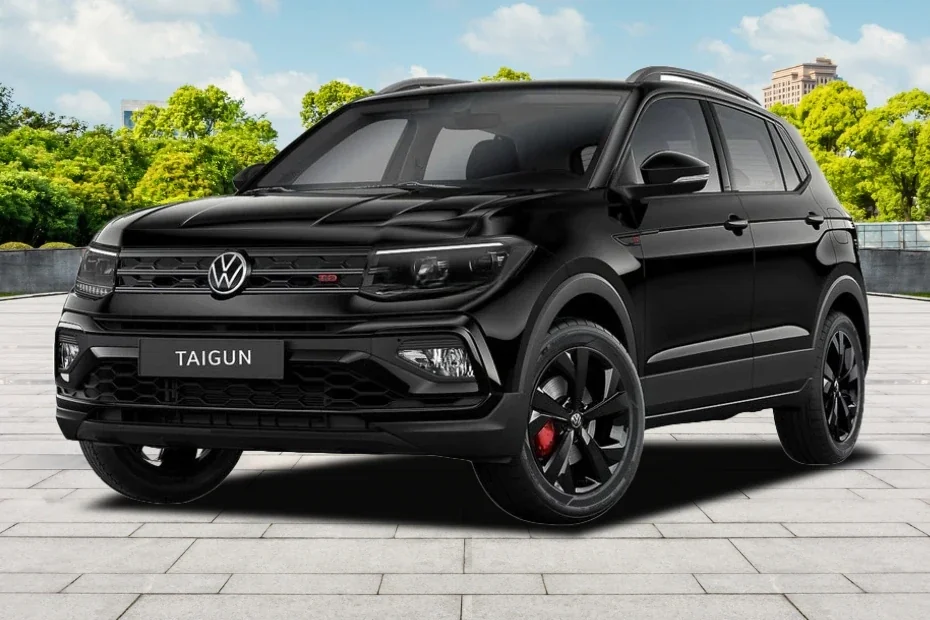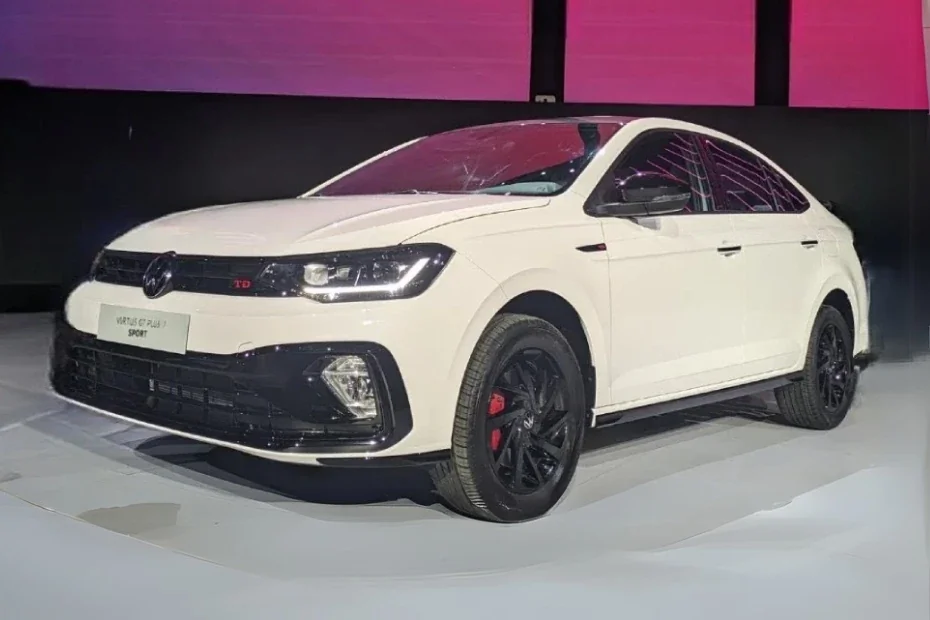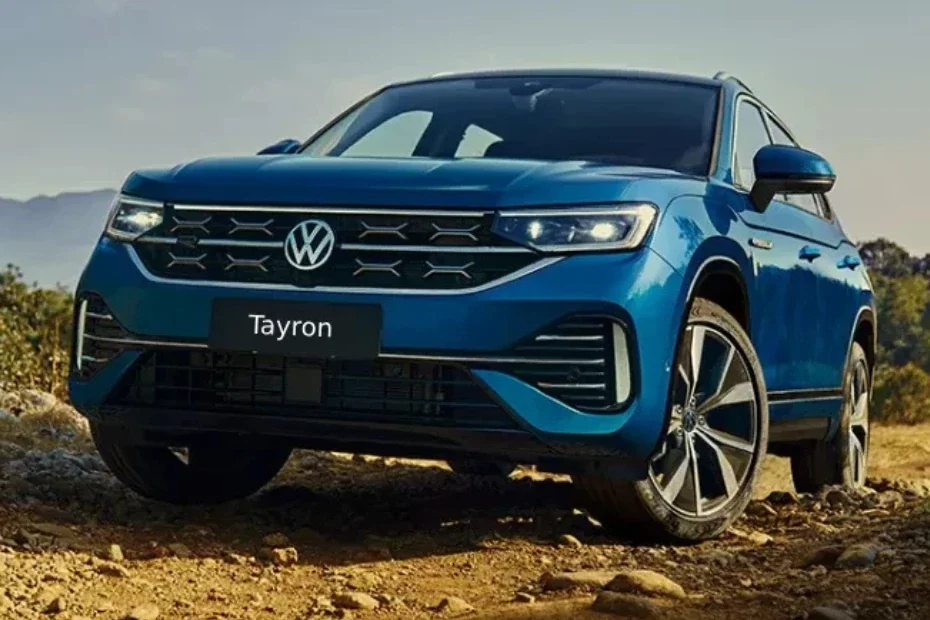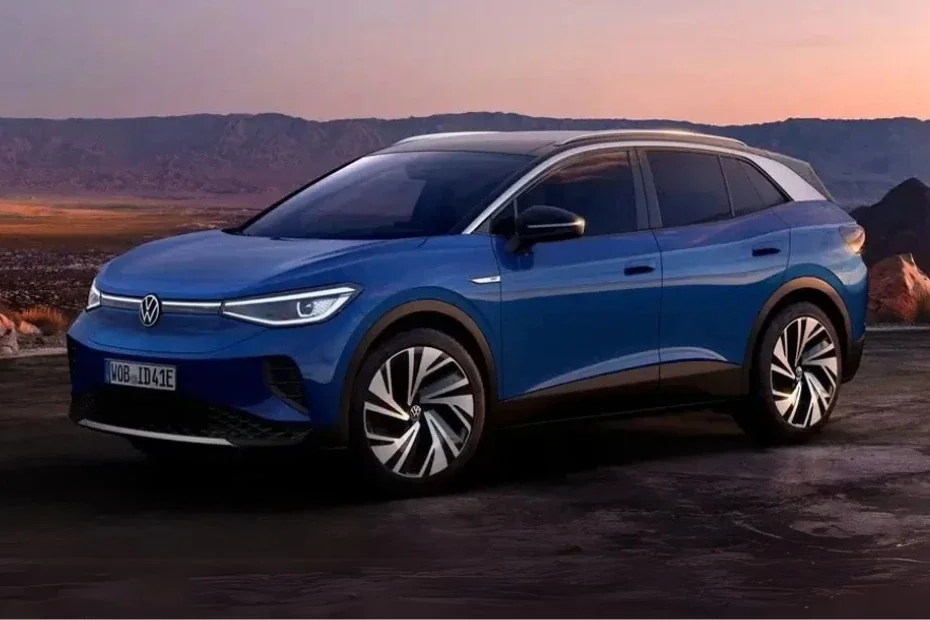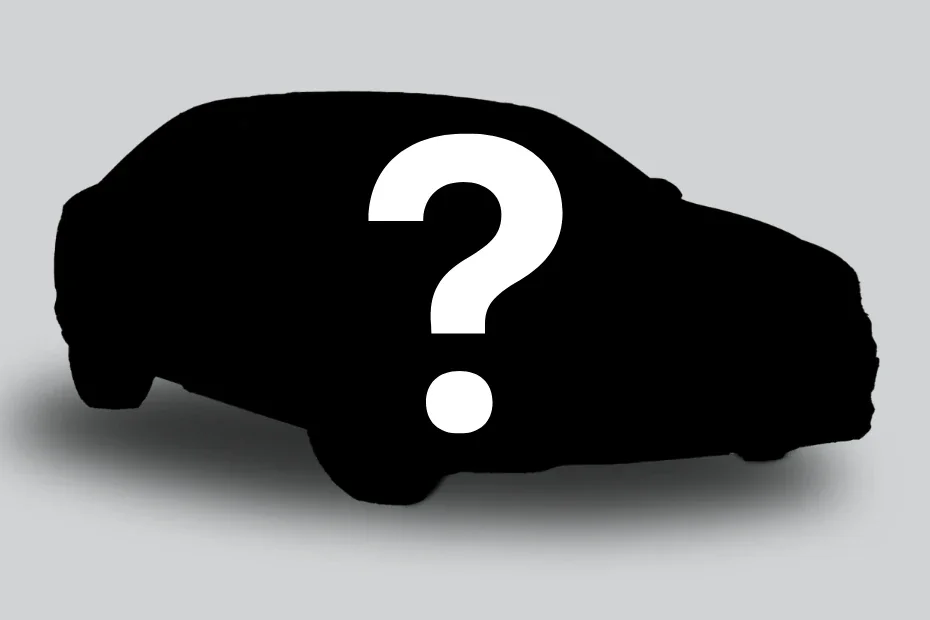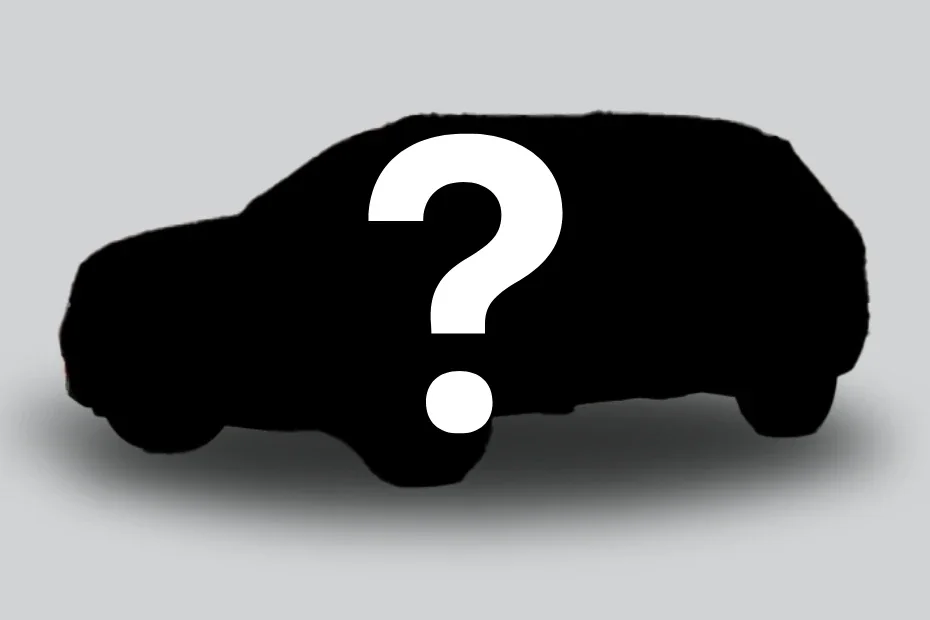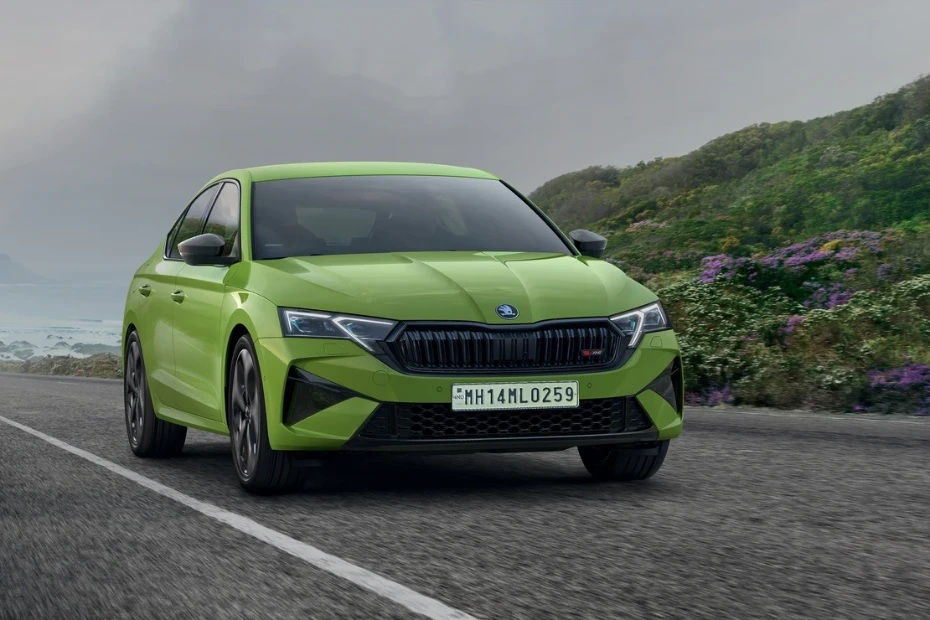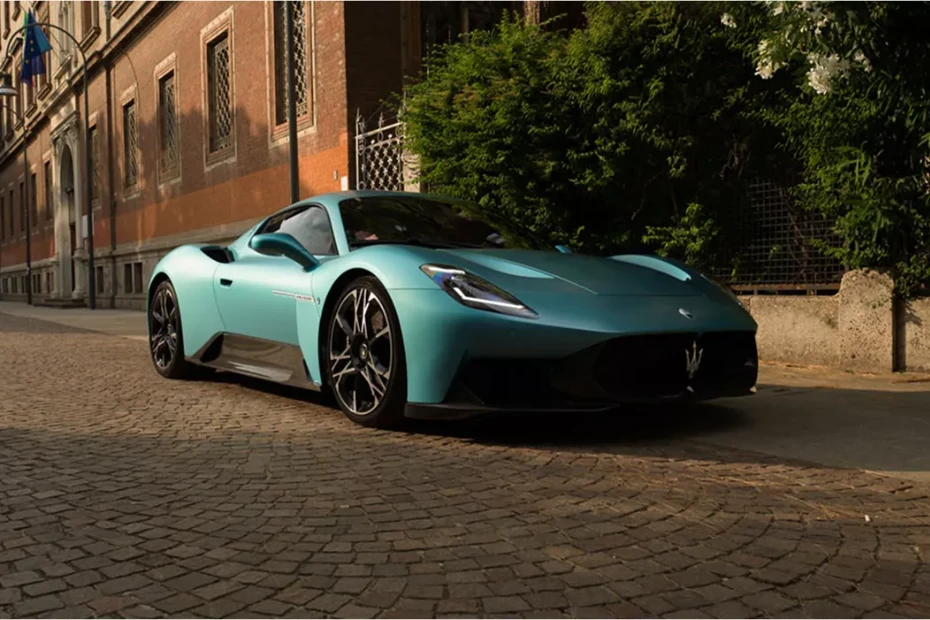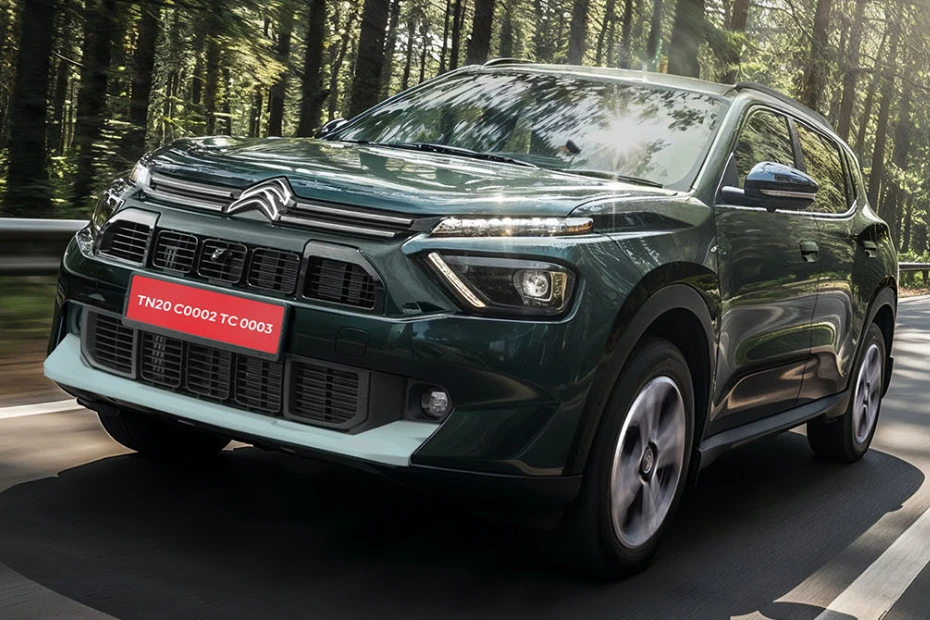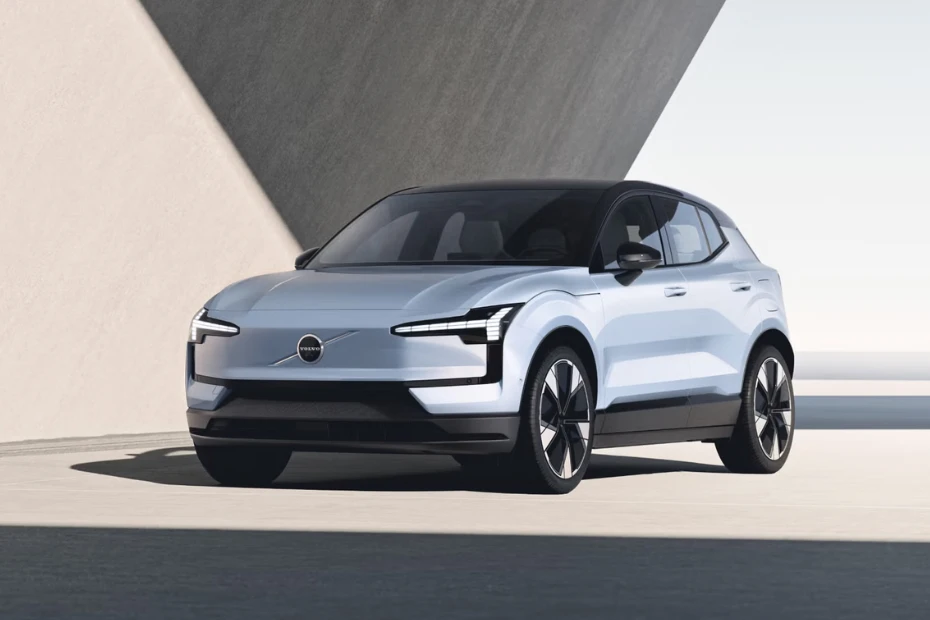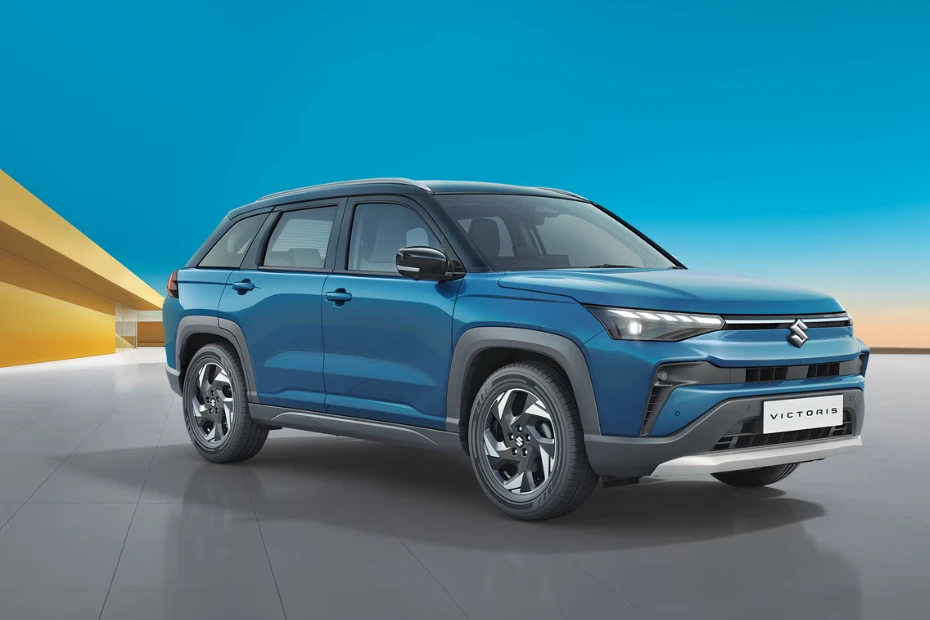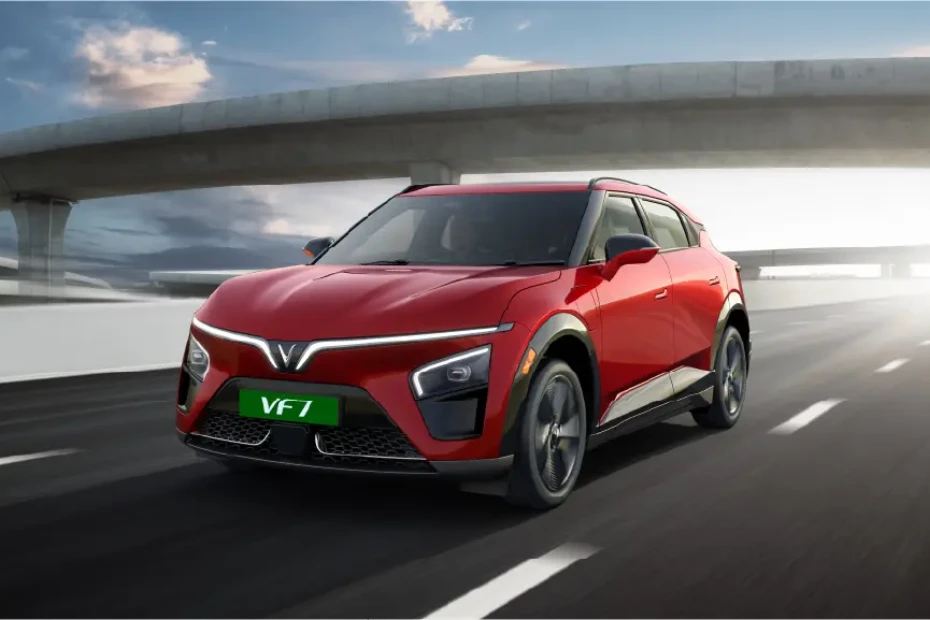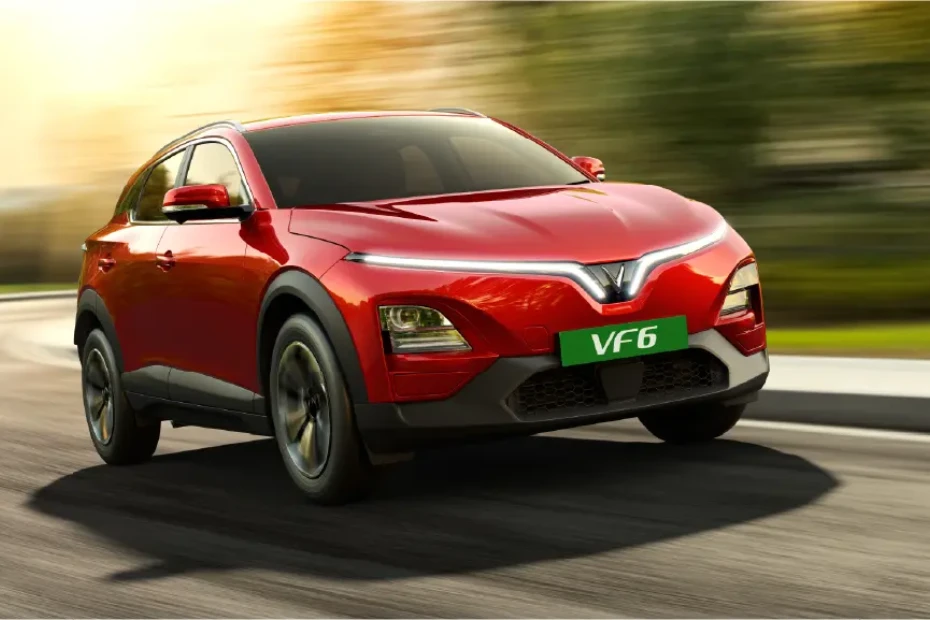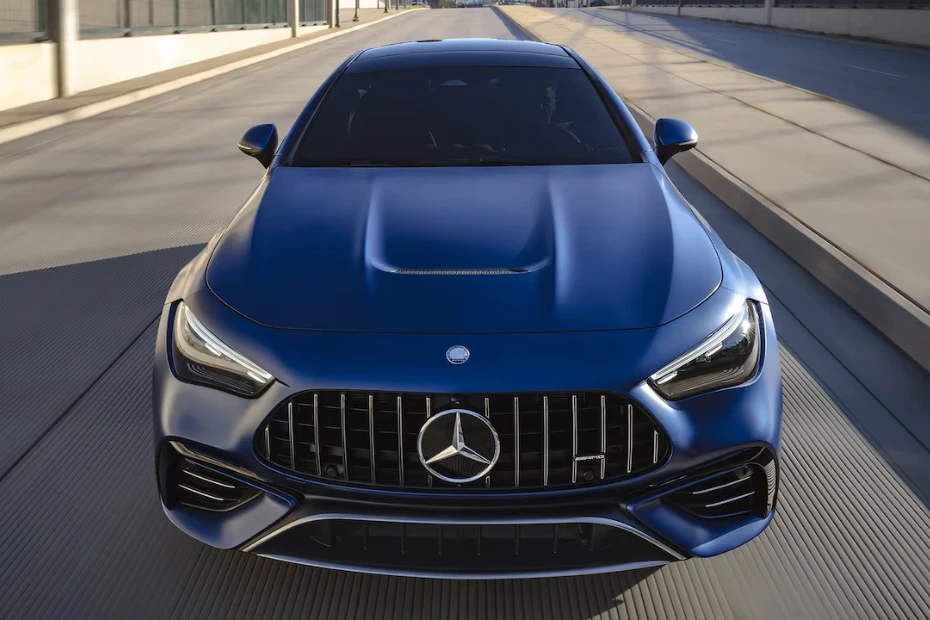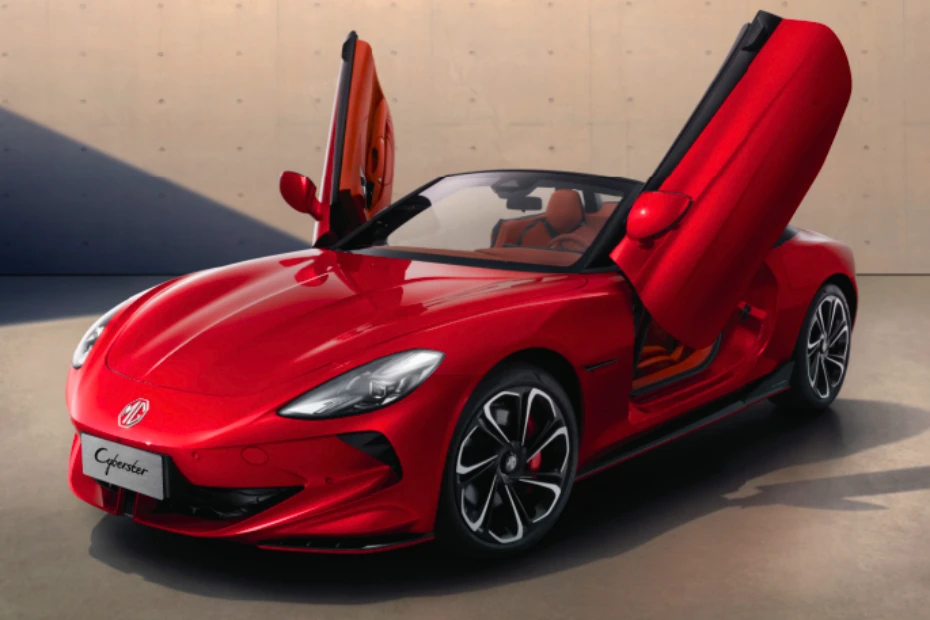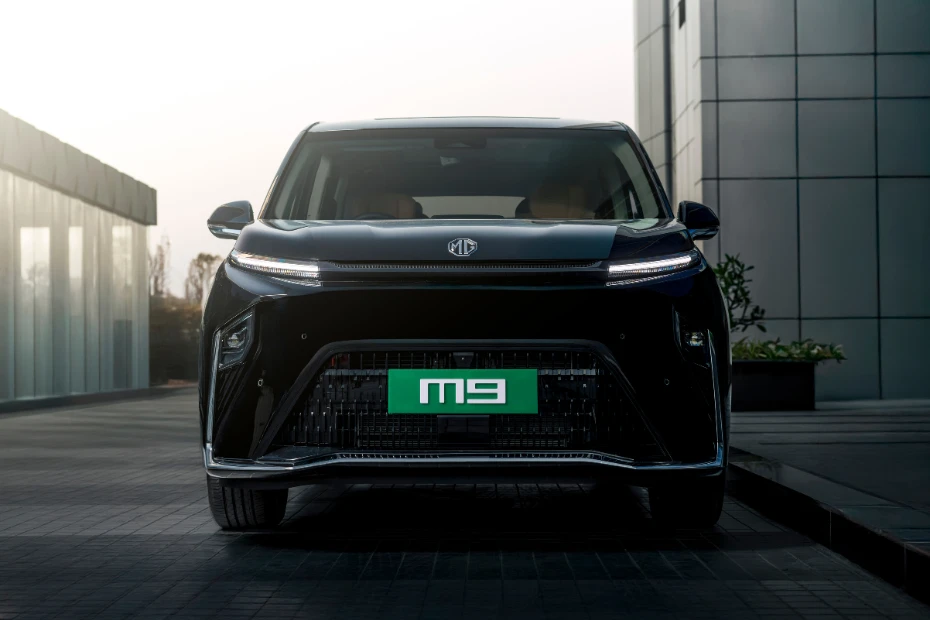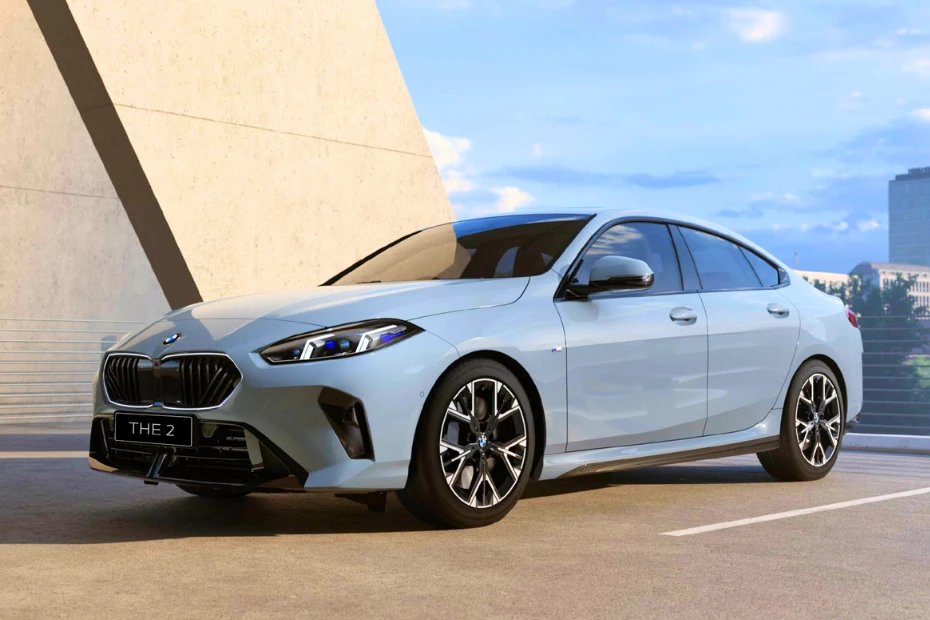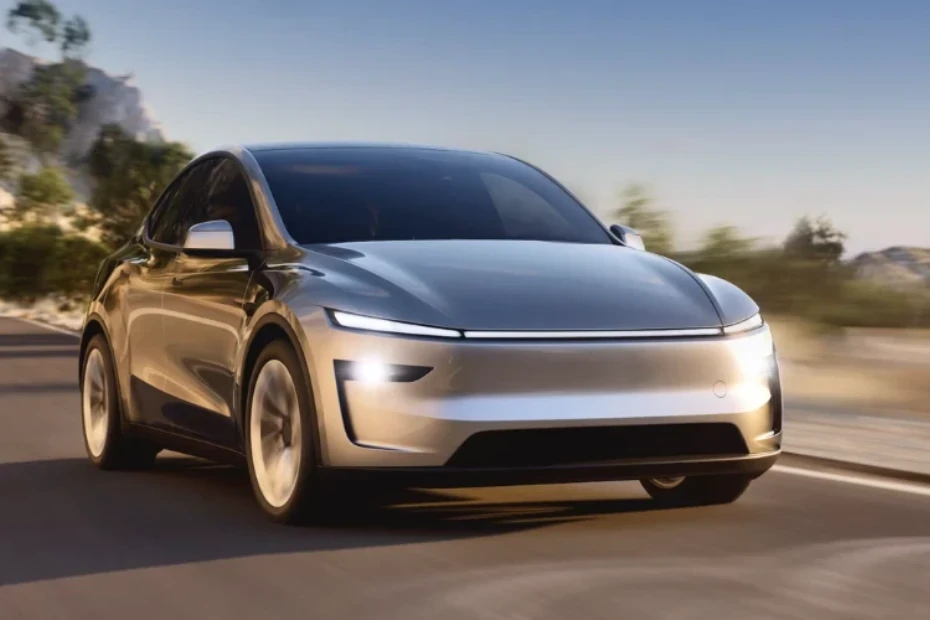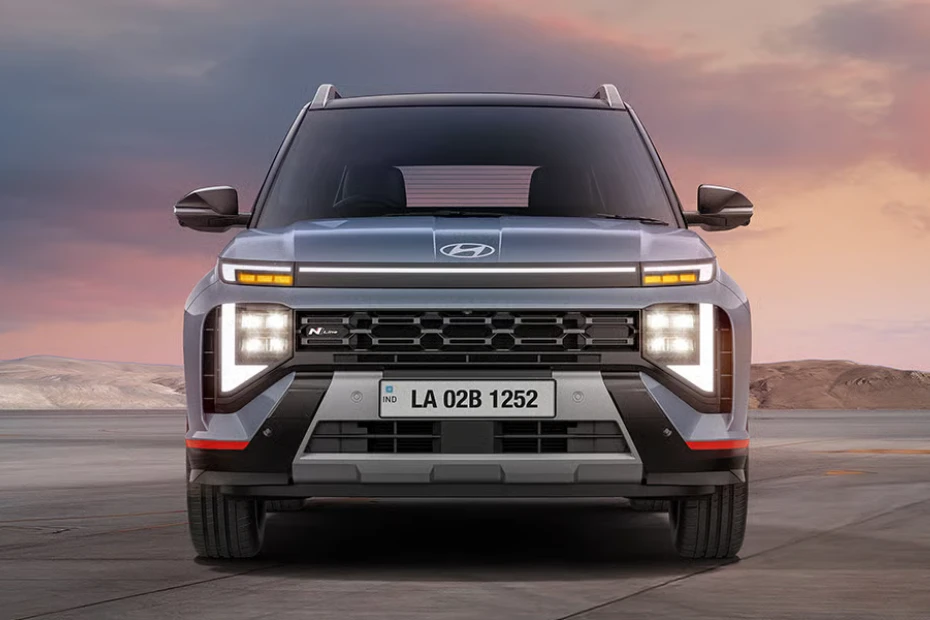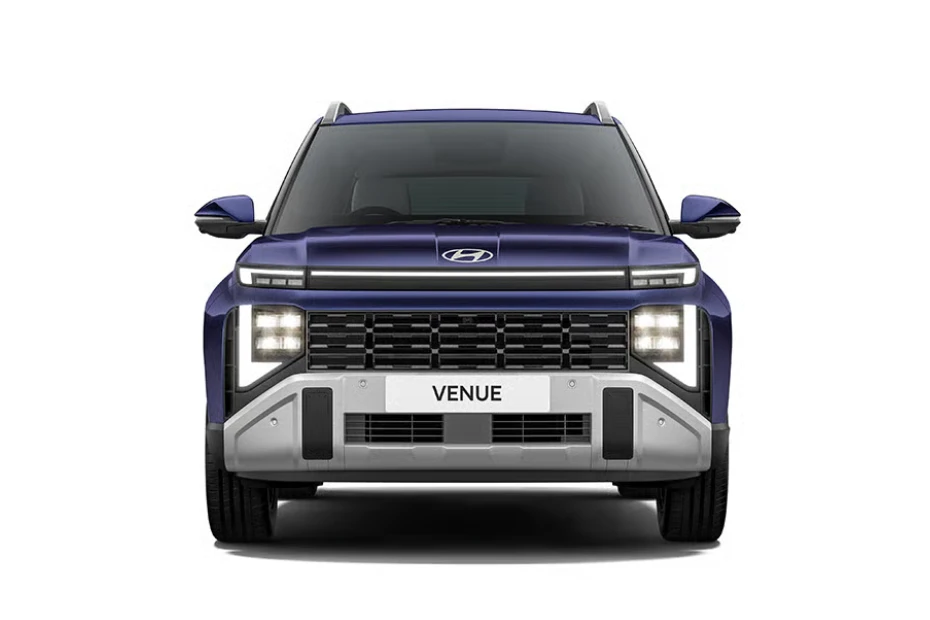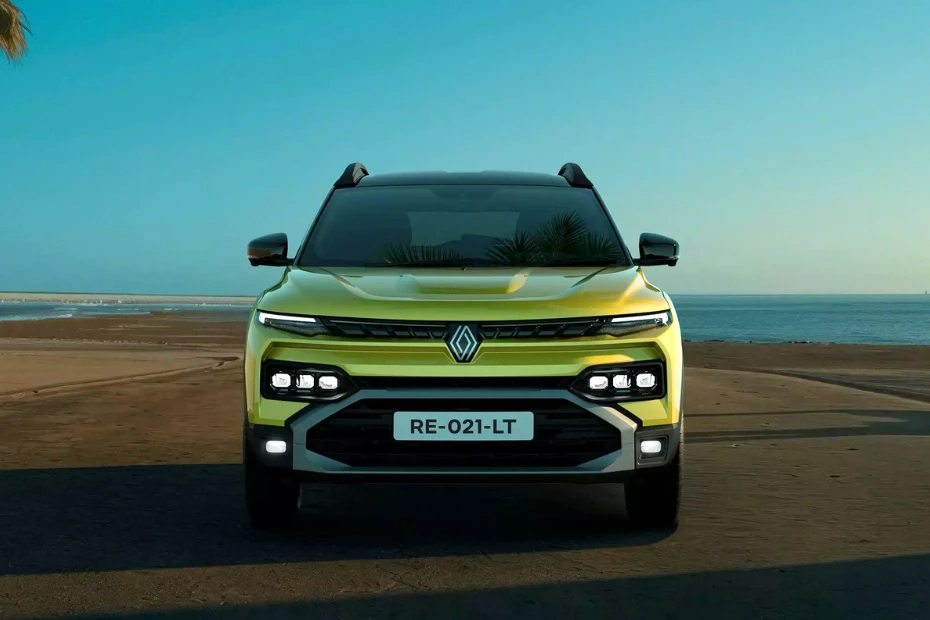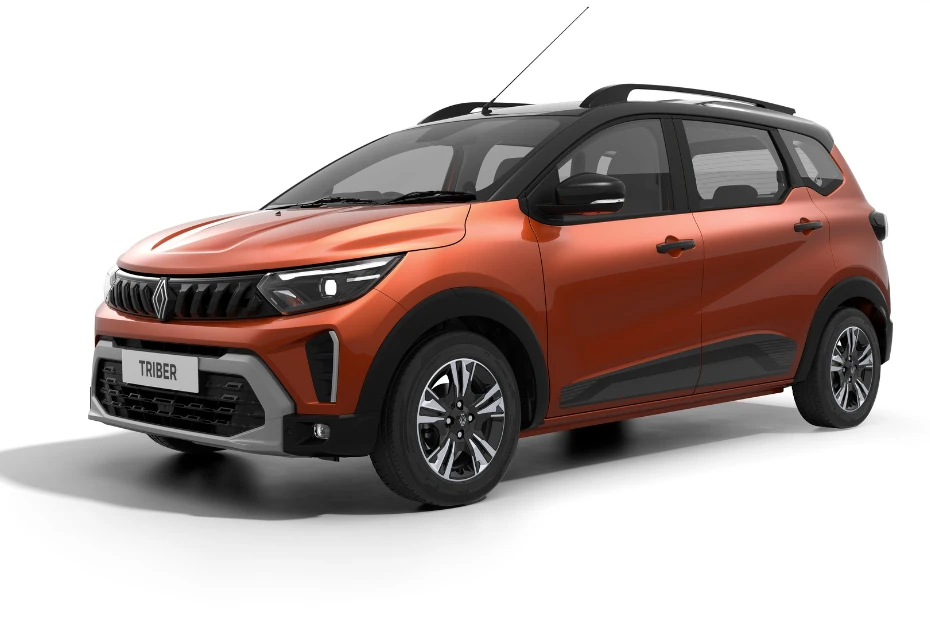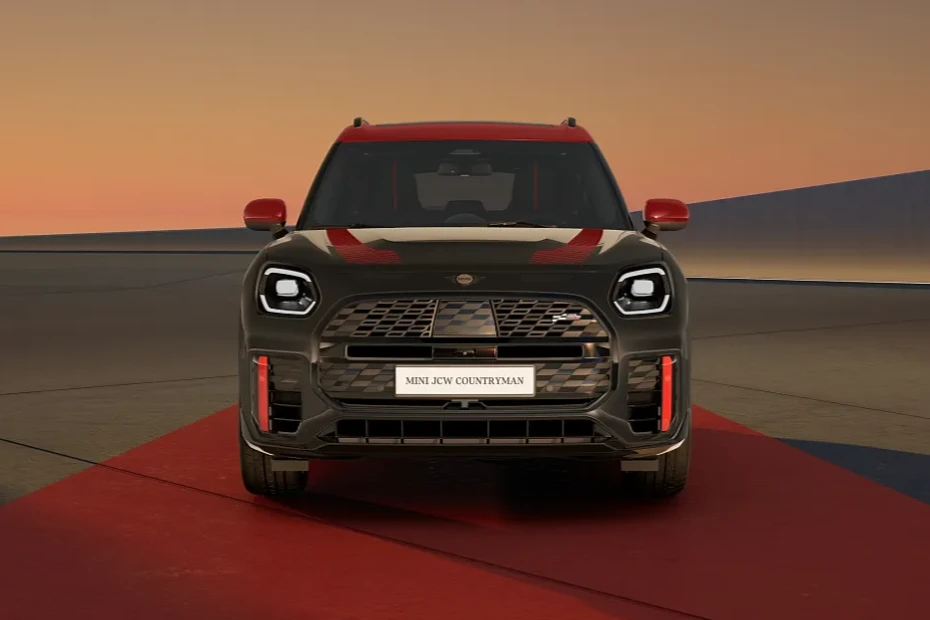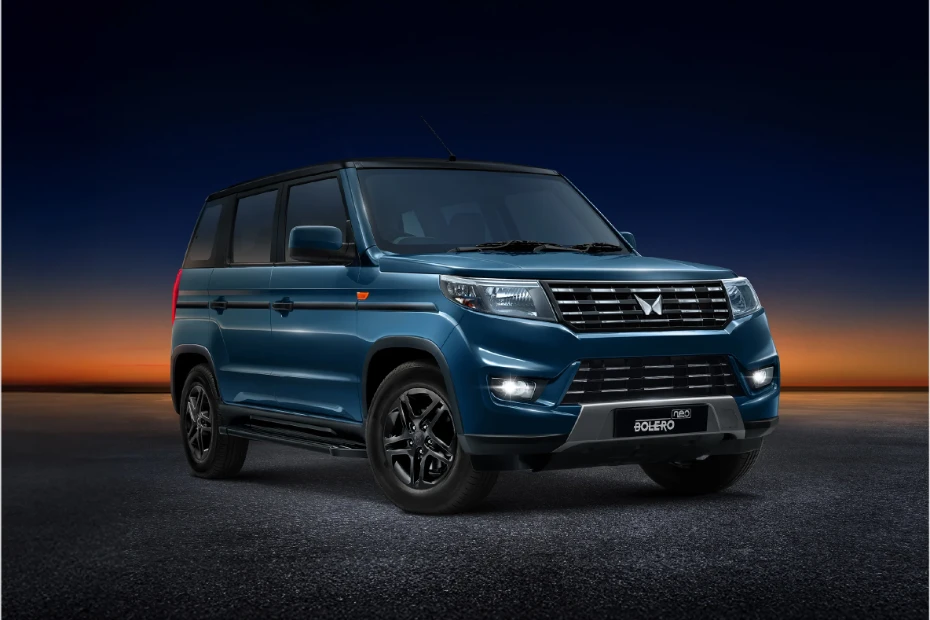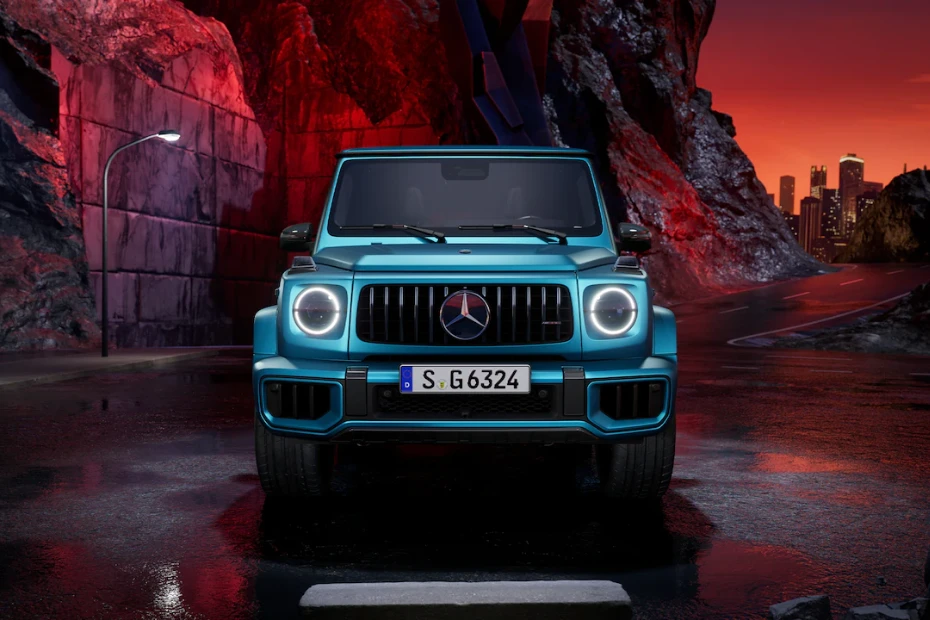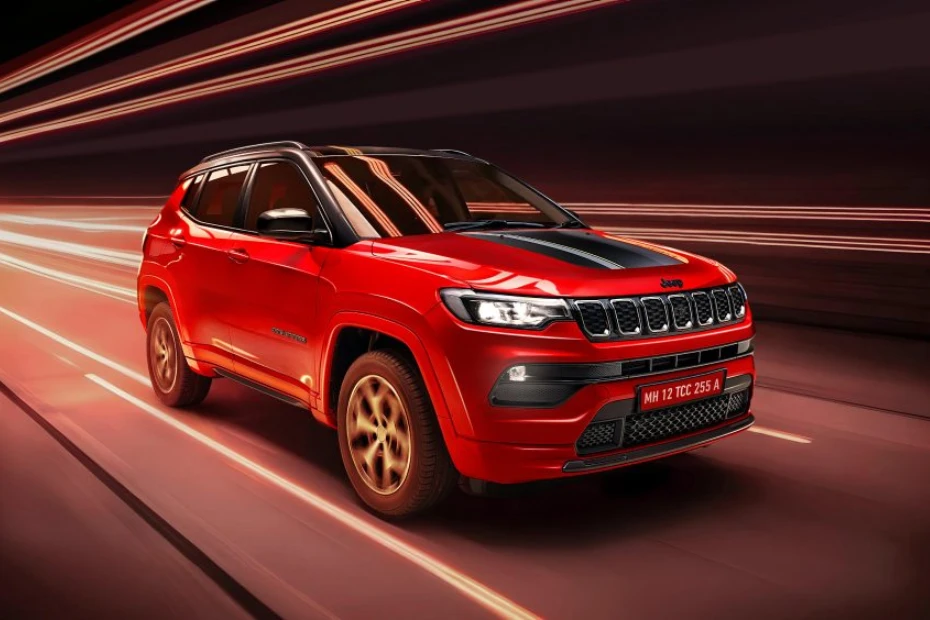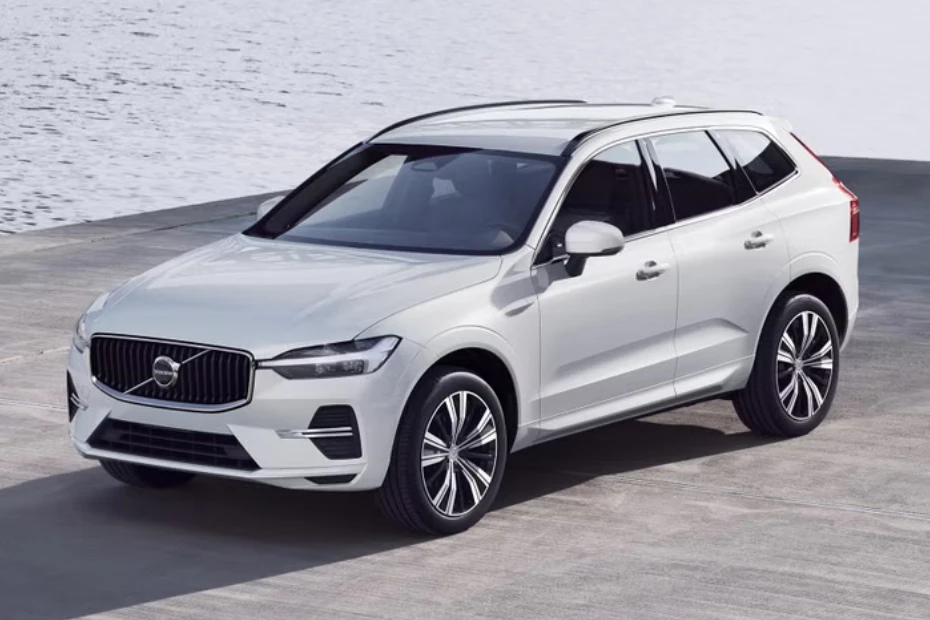Volkswagen ID.4
Change Car
Recommended Cars
4.50
44 Ratings
Volkswagen ID 4 expected price in India starts at Rs ₹45.00 Lakhs* (ex-showroom). It is expected to launch on May 2026.
more₹45.00 Lakhs*
(Expected Price)
Alert me when launched

Thank you!
We will contact you as soon as this car will be launched.
Volkswagen ID.4 Mileage
Volkswagen ID.4 Specs
Range
480 km
480 km
Battery Pack
77 battery pack
77 battery pack
Power
204 bhp
204 bhp
Transmission
Auto
Auto
Fuel Type
Electric
Electric
Seats
5 persons
5 persons
Volkswagen ID.4 Latest Update
ID.4
Volkswagen ID.4 Price in India (Variant Price List)
Variant
Ex-showroom Price
Compare
Volkswagen ID.4 Variants
Variant
Ex-showroom Price
Compare
People Also Searched For
Trending Volkswagen Cars in India
Upcoming Volkswagen Cars
Popular Cars
Volkswagen ID.4 Price in India
Volkswagen ID.4 Car FAQs
The price range of Volkswagen ID.4 starts from 45.0 Lakh - 45.0 Lakh.
Volkswagen ID.4 is SUV.
Volkswagen ID.4 offers 5 Persons seating options.
List of expected key features would includes ventilated seats, panoramic sunroof, level 2 ADAS suite etc.
View All ID.4 FAQs
Looking for
Car Loan?
Whether you're eyeing a sleek sedan, a spacious SUV, or a sporty coupe, we've got you covered. Purchase your next dream car from Carlelo.com and make financing your new ride a breeze.

Trending Volkswagen Cars in India
All Volkswagen Cars in India
Upcoming Volkswagen Cars
View All Volkswagen Upcoming Cars
Popular Cars
View All Popular Cars
Volkswagen ID.4 Price in India
Trusted Dealer
All Over India
Irresistible Offers
Stay Updated, Pay Less
Compare Cars
Choose the Right Car
Easy Finance
Multiple Finance Options
Help & Support

Monday - Saturday
10:00am - 6:30pm
+91 7947722777, +91 7479000444, +91 9311718549
contact@carlelo.com



